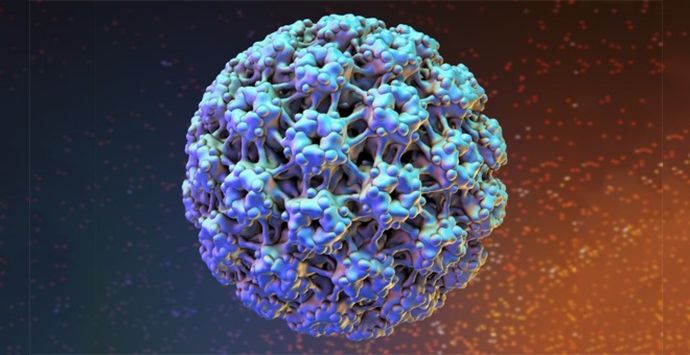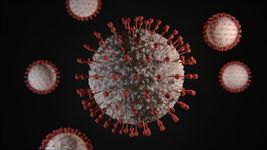What Types of Cancer Can HPV Cause?
Human Papillomavirus (HPV) is one of the most common sexually transmitted infections in the world. While many strains of HPV are harmless and may clear up on their own, certain “high-risk” types can lead to the development of cancer. Understanding which cancers are linked to HPV can help people take preventive steps such as vaccination, regular screenings, and early treatment.
Cervical Cancer
Cervical cancer is the most well-known cancer caused by HPV. In fact, nearly all cases of cervical cancer are associated with persistent infection from high-risk HPV types, particularly HPV 16 and 18. Regular Pap tests and HPV screenings are key tools in catching precancerous changes early, before they progress.
Anal Cancer
HPV is responsible for the majority of anal cancer cases. Both men and women can be affected, though the risk may be higher in people with weakened immune systems. Symptoms are not always obvious at first, making awareness and screening important.
Throat and Mouth (Oropharyngeal) Cancers
HPV can also cause cancers in the throat, base of the tongue, and tonsils. These are known as oropharyngeal cancers. In recent years, the number of HPV-related throat cancers has been rising, especially in men. Common symptoms can include persistent sore throat, difficulty swallowing, or lumps in the neck.
Penile Cancer
Though less common, HPV infection is a leading cause of penile cancer in men. The risk is higher if there are other contributing factors such as smoking, poor hygiene, or weakened immunity.
Vaginal and Vulvar Cancer
In women, HPV can also cause vaginal and vulvar cancers. While these cancers are relatively rare compared to cervical cancer, they are still strongly linked to persistent high-risk HPV infection.
Prevention and Protection
The good news is that HPV-related cancers are largely preventable. Vaccination with the Gardasil 9 vaccine protects against the most dangerous HPV strains that cause cancer and genital warts. Regular screenings (Pap smears, HPV tests, and physical exams) are also critical for early detection.
At NewM Clinic, we provide:
-
HPV prevention through Gardasil vaccination
-
Professional wart removal treatments
-
Education and support for long-term protection against HPV-related health risks
Taking proactive steps today can significantly reduce your risk of developing HPV-related cancers in the future.




